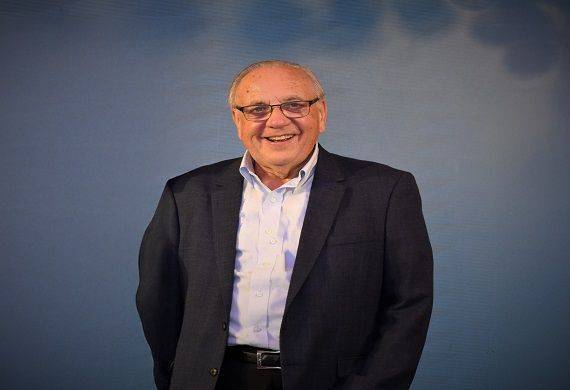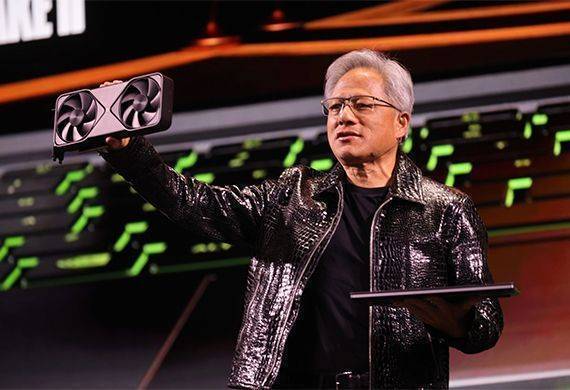Intel Appoints New CEO to Drive Chipmaker's Turnaround Efforts
By Global Leaders Insights Team | Mar 13, 2025
.jpg)
Intel has appointed a new CEO as the company seeks to bounce back from a tough period during which it fell behind many of its competitors, despite once being an industry leader.
On Wednesday, the company disclosed that it has inducted Lip-Bu Tan, a veteran in technology investing and one in the semiconductor industry, as its new CEO, following the resignation of its erstwhile CEO, Pat Gelsinger, in December.
The erstwhile announcement propelled Intel's stock by almost 13% in after-hours trading. But as it closed on Wednesday, the shares came down considerably, having fallen over 54% by now, signifying much of the company's future leaving investors ill at ease.
Tan led Cadence Design Systems for more than a decade as the firm's CEO and was responsible for what Intel referred to as the "reinvention of the company." He is also a founding managing partner at Walden Catalyst Ventures, which invests in advanced technologies such as semiconductors, AI, and cloud computing.
“Lip-Bu is an exceptional leader whose technology industry expertise, deep relationships across the product and foundry ecosystems, and proven track record of creating shareholder value is exactly what Intel needs in its next CEO,” Intel's interim executive chair, Frank Yeary, mentioned that he will return to his role as the board's independent chair once Tan officially takes over as CEO on March 18.
When Tan takes the helm at Intel, he will face a monumental challenge, as the company largely missed out on the mobile computing and AI technology revolutions, allowing rivals like Qualcomm and Nvidia to take the lead. In recent months, rumors of a potential takeover have surfaced amid growing uncertainty about Intel's future.
Tan will also be under pressure to prove he can succeed where Gelsinger, a company veteran once seen as the "prodigal son" who would turn Intel around, ultimately fell short after taking the CEO role in 2021.
Intel had stated, earlier in August, that it was cutting 15% of the workforce as part of a $10 billion cost-cutting effort. Then, in November, Intel was kicked out of the Dow Jones Industrial Average by Nvidia, ending its 25-year run after being one of the first two tech companies to join the elitist index.
Intel is central to the efforts of the American chip-making industry that Donald Trump and Joe Biden have put forward to renew investments in American chip-making. Advanced semiconductor production is considered to have a bearing on national security; chips go into practically everything that technology touches, from iPhones to AI systems to weapons and to medical devices. Earlier this month, Taiwan Semiconductor Manufacturing Company announced that it plans to invest at least $100 billion into expanding its U.S. operations.


.jpg)

